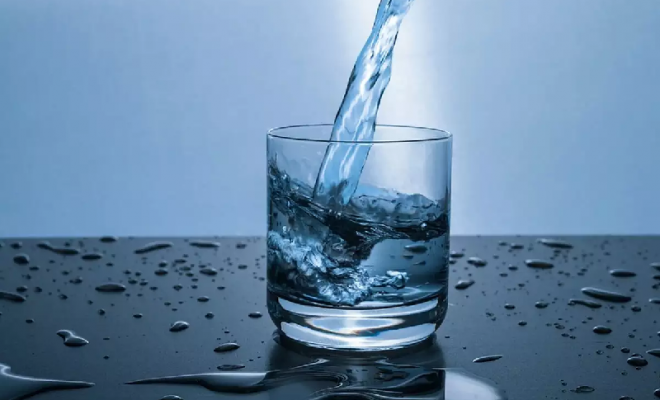Hard and Soft Water Explained

You’ve probably heard about hard water and soft water. However, have you ever wondered what makes water hard or soft, and why it’s essential to soften water for household use? These are just some of the things you should know to understand what happens every time you use water softener service Austin TX.
What Makes Water Hard or Soft?
As rainwater percolates through the ground into subsurface reservoirs, it may encounter layers of limestone and chalk that contain magnesium and calcium carbonates. These compounds dissolve in the water, forming hard water. Water softeners filter out the magnesium and calcium, leaving only sodium salts – this is how soft water is made.
Drinking Hard and Soft Water
Depending on the quantities of dissolved minerals, hard water can have a slightly earthy flavor or no taste at all. Soft water, due to the sodium ions, has a somewhat salty taste. Hard water is actually preferred for drinking, and not just for the taste, but also because it contains essential minerals that can be beneficial to the human body. Several studies have looked into the health benefits of drinking hard water. Although the findings are mostly inconclusive, the general summary is that drinking hard water increases the much-needed daily intake of calcium and magnesium.
Using a water filtration system Austin TX is also a popular way to get water that tastes good and has fewer contaminants. Most tap water is already free of contaminants, but filtration can remove minerals that may be damaging to plumbing if they are allowed to build up as they are deposited in appliances.
Why Soften Hard Water?
If you live in an area where the water supply is predominantly hard water, you probably have water softener filters fitted to your plumbing system. Why is that necessary? Well, hard water may be healthier to drink, but it can be difficult to work with.
The dissolved minerals may form deposits on the inner walls of pipes, causing blockages, leaks, and bursts in the plumbing system. Hard water barely forms lather with soap, making it a poor cleaning agent. It may also cause staining if used to wash silverware, glass, porcelain, and certain clothes. This is why hard water is often softened for household use.
Although drinking hard water may be preferred, using it to complete routine household tasks is another matter. If you have hard water in your home, consider softening it with a water softener.

